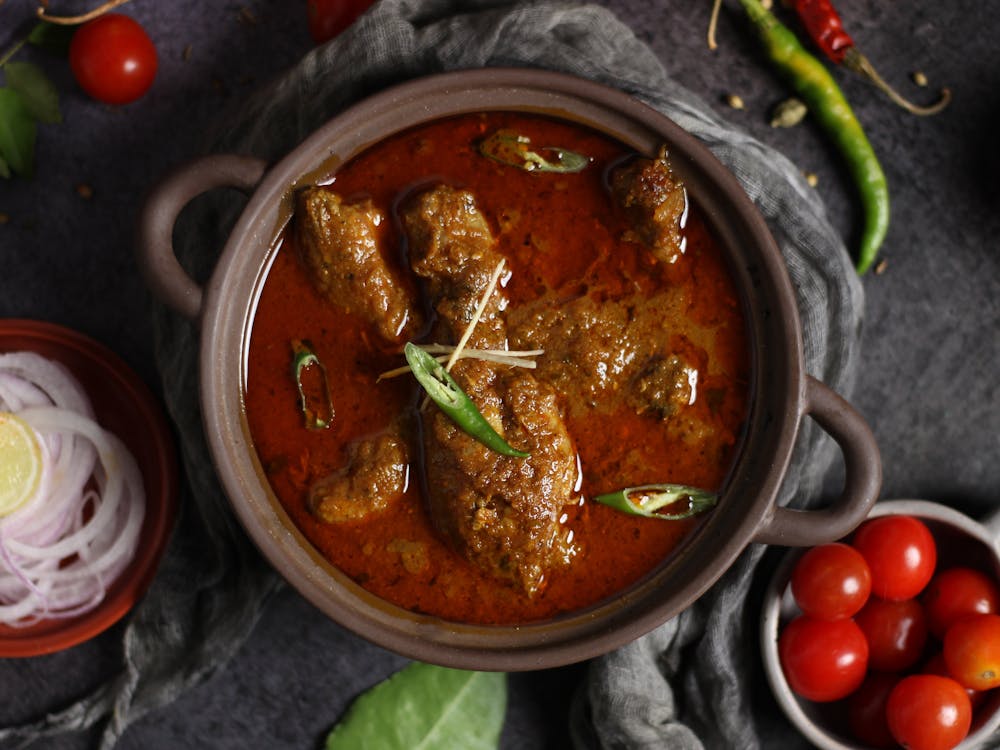Indigenous foods refer to the traditional food practices of indigenous peoples worldwide, emphasizing local ingredients and cultural heritage. These foods are not merely sustenance; they carry profound cultural significance and reflect the relationship that indigenous communities have with their land, environment, and history. As the world becomes increasingly aware of the importance of sustainable practices and biodiversity, the wisdom embodied in indigenous food systems is garnering attention and respect.
The Rich Culinary Heritage
Indigenous cuisine varies significantly from one region to another, defined by local ecosystems, seasonal changes, and cultural traditions. In North America, for example, the Three Sisters—corn, beans, and squash—are key components of many native diets, embodying principles of companion planting and soil fertility. In South America, the Andean peoples have long cultivated a variety of potatoes, which showcase an impressive biodiversity that has contributed to contemporary culinary practices worldwide.
Cultural Significance
Food is deeply intertwined with identity. Indigenous practices often involve rituals and storytelling that reinforce community ties and passed-down wisdom. These traditions provide a sense of belonging and continuity, connecting individuals with their ancestors. For many indigenous peoples, the act of preparing and sharing food is a sacred experience that embodies respect for the earth and an expression of gratitude for the bounty it provides.
Moreover, indigenous foods often come with traditional knowledge regarding their use and preparation that has been fine-tuned over generations. This knowledge is not just about cooking but encompasses understanding the ecological balance within local environments, promoting sustainability long before the term became mainstream.
The Quest for Sustainability
Today, the importance of indigenous food recipes today extend beyond cultural heritage; they provide solutions to contemporary challenges, particularly in terms of sustainability. As the climate crisis intensifies and global food systems face significant strain, the resilience of indigenous agricultural practices offers valuable insights. For instance, many indigenous food systems advocate for polycultural farming and biodiversity, contrasting with the monoculture practices that dominate modern agriculture.
Supporting indigenous food systems can foster not just cultural preservation but also contribute to environmental restoration. Initiatives focused on revitalizing native food practices encourage community members to engage with their land, fostering a renewed relationship that emphasizes stewardship and sustainability.
Eventually
Indigenous foods are more than just dietary staples; they are profound cultural legacies that embody sustainable practices and holistic understanding of the natural world. As we navigate the complexities of modern food systems, recognizing and integrating the wisdom of indigenous food recipes today practices can offer paths toward more resilient, equitable, and sustainable futures. By celebrating and preserving these culinary traditions, we not only honor indigenous cultures but also enrich our collective understanding of food as a source of life and community.
